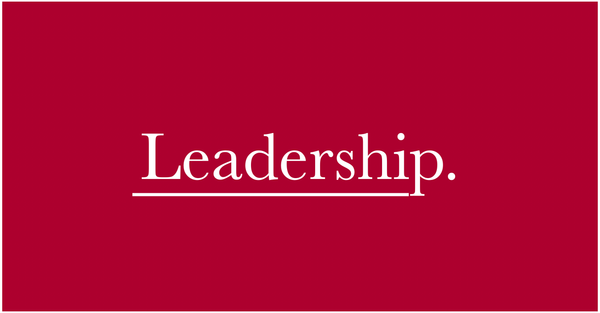The Increasing Relations Between Retailers and Marketplaces
Retailers are forging deeper ties with third-party marketplaces—transforming competition into collaboration in the pursuit of growth, reach, and digital efficiency.

Why Retailers Are Rethinking Control in Exchange for Scale?
Inspired by the Harvard Business Review (HBR) case on Why Retailers Are Turning to Third-Party Marketplaces by Antonio Moreno
👉 Explore the full HBR article
Retailers are forging deeper ties with third-party marketplaces—transforming competition into collaboration in the pursuit of growth, reach, and digital efficiency.
From Ownership to Orchestration
In a landscape reshaped by digital disruption, retailers are shifting from owning every part of the value chain to orchestrating broader commerce ecosystems. The growing partnerships between retailers and third-party marketplaces are not just tactical—they’re strategic.
The HBR's case Why Retailers Are Turning to Third-Party Marketplaces explores this emerging shift, revealing how companies are leveraging platforms to expand assortments, reduce inventory risk, and meet rising customer expectations.
Marketplaces as Engines of Digital Expansion
The traditional model of inventory-driven retail limits assortment and speed. By integrating with third-party marketplaces, retailers can instantly offer more SKUs, diversify categories, and experiment with emerging brands—without the burden of ownership.
As noted in the article, retailers are evolving into platform operators—not just sellers.
Implication: To stay relevant, retailers must think less like merchants and more like ecosystem architects, curating partner sellers who reflect their brand promise.
Shifting from Margin Control to Volume Leverage
Many retailers were once reluctant to embrace marketplaces due to perceived margin erosion. But as the HBR piece highlights, the tradeoff is now viewed differently: fewer inventory costs, fewer markdowns, and faster speed to market often offset slimmer unit economics.
New Metric: Platform Gross Merchandise Value (GMV) is becoming as relevant as in-store revenue—especially as consumers migrate online and expect broad selection and seamless fulfillment.
Data Sharing: Risk or Relationship Accelerator?
A common concern for retailers is data control—sharing customer insights with third-party sellers can feel risky. But as marketplace partnerships deepen, those who establish smart data-sharing protocols are finding new ways to co-create value.
According to the HBR article on marketplace strategy, retailers can use aggregated data to predict demand shifts, plan private-label strategies, and optimize fulfillment networks.
Recommendation: Set clear governance rules on data usage, privacy, and monetization to align partners without compromising consumer trust.
Marketplace Integration as a Defensive Strategy
Retailers are also turning to marketplaces to defend against pure-play platform competitors. Rather than trying to beat Amazon or Alibaba at their own game, traditional retailers are creating niche marketplaces within their existing infrastructure.
By blending first-party and third-party inventory, brands like Target Plus and Walmart Marketplace are protecting traffic while expanding choice—without losing control over user experience.
Trend: Branded marketplaces are becoming a new growth frontier, where curation, customer loyalty, and community-building add differentiation.
Operational Readiness is the New Moat
Not every retailer is structurally ready to scale as a marketplace. Those that succeed, as HBR notes, invest in API infrastructure, fraud detection, seller onboarding tools, and cross-border logistics.
Retailers that fail to modernize operations risk being marginalized—even as they try to partner. The digital shelf is ruthless in exposing weak links.
Action Plan:
- Audit internal tech stack readiness
- Invest in marketplace management tools
- Create agile governance teams to scale partner operations
The Future is Hybrid
The future of retail won’t be purely direct or purely platform—it will be hybrid. As HBR’s article on marketplace strategy underscores, the most successful retailers are not those that resist change, but those that reframe it.
Marketplace models allow retailers to scale faster, serve broader audiences, and unlock new revenue streams—without carrying the full risk of inventory and infrastructure. But success depends on choosing partners wisely, defining data boundaries, and continuously investing in technology.




